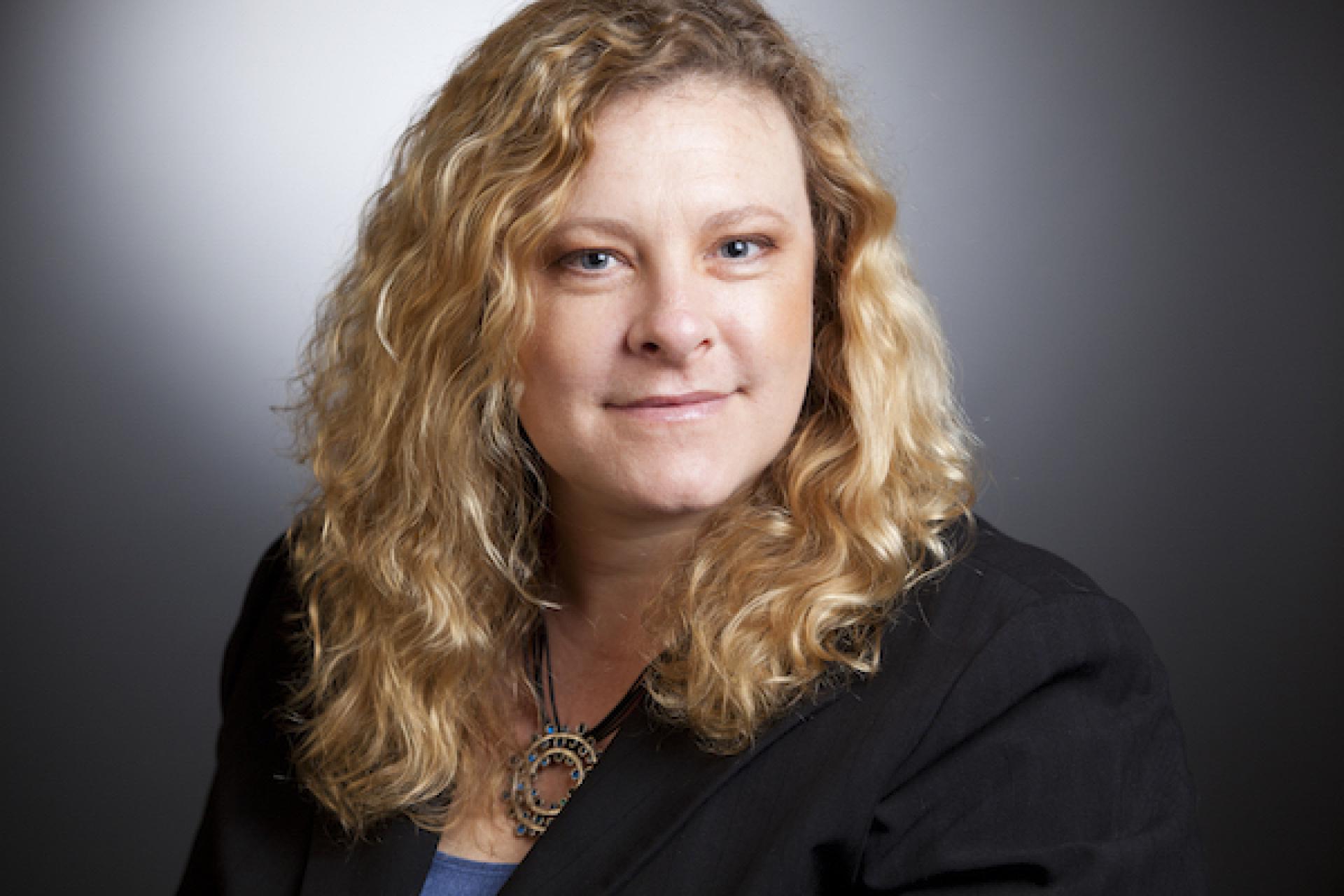Lexi Sylver Interviews Dr. Eli Sheff about Non-Monogamy


Dr. Eli Sheff is one of SDC.com's professional contributors on Consensual Non-Monogamy, and Lexi Sylver asks six questions to help us get to know Dr. Sheff and her path toward such a specialized subject, including how she's pioneering a whole new training program in the professional community.
1. When did you first become interested in helping people with consensually non-monogamous (CNM) relationships?
It was polyamorous people themselves who came to me for help, and it took a couple of years for me to realize that the things I was telling them were incredibly useful for them. That was simply thrilling for me because academia and academic writing can be so narrow that it excludes many people from accessing information. Having people come to me for help in their relationships and especially being able to provide that help in a meaningful way has been incredibly valuable to me as a motivation to keep going in this field.
2. What is your favorite part about working within the CNM community?
The open-mindedness of polyamorous folks is probably my favorite part of working with CNM folks. It really stood out to me when I was pregnant with my first child and told people (when they asked) that I was planning to have my baby at home with a midwife. My academic colleagues condemned me out of hand for being selfish, reckless, and overall asinine. The poly folks I was hanging out with at the time, in stark contrast, were curious and asked how I found the midwife, what advantages I saw in homebirth, and why I was making those choices. That second approach of being curious about the world is much preferable to me than the first approach of being suspicious and judgemental about anything that is out of the norm.
3. Over the time that you’ve been working within the CNM community, have you noticed any changes in the way society views people in alternative relationships?
Polyamory and other forms of CNM have gotten much more social attention than they have in the past, and much of it has been increasingly positive or at least neutral. Not that CNM is able to escape the negative press — there is still some of that as well. But the degree of public awareness of CNM has astounded me. In the 25 years I have been studying polyamory, it has gone from virtually unknown and a very fringe field of academic research to a far more familiar relationship style that gets much more academic focus now.
4. Are therapists who lack specific training in CNM more prone to having misconceptions about their clients who are in CNM relationships? In what ways can that be harmful for the client?
It really depends on what kind of therapist people in CNM relationships see. If they see a sex therapist or someone familiar with LGBTQ+ issues, then they are likely to be just fine. If they see a marriage and family therapist, it is most likely to be a complete dumpster fire. Marriage and family therapists have traditionally been trained to see any kind of extra-marital sex and dangerous for the relationship and often require that people stop any extra-marital relationships in order to be in therapy. These folks tend to equate any form of CNM with adultery or cheating and apply the same ideas: lack of trust between partners, lying, and endangering their partner’s mental and sexual health with their nefarious ways. Clients who see therapists like that report being shamed, pressured to change who they are, and having their issues go unaddressed or even get worse. Lots of recent research points out how damaging such judgemental and ineffective therapy can be for clients who come seeking help and go away even worse than they began.
5. You’re currently in the midst of an exciting project with The Sexual Health Alliance (SHA), helping develop a certification program for CNM folks. Can you tell us more about that, and what inspired this initiative?
This training evolved for two main reasons. First, to meet the continuing education needs of many counselors and therapists who wanted to come to our live trainings on consensual nonmonogamy and sex-positive therapy but could not make it to one of the cities where we offer the trainings or wanted a more convenient way to learn the information at their own pace and in their own homes. Second, the lack of accessible training for counselors and therapists who either went to grad school long ago before CNM was so popular or attended a training program that did not address how to serve clients in CNM relationships.
I conceived of the syllabus as a lifecycle of polyamorous relationships, beginning with how to find partners, issues around dating, new relationship energy, and navigating boundaries. The bulk of the middle of the course focuses on the joys and challenges of everyday life for poly folks, including handling resources like money and time, managing conflict and jealousy, living together (or not), having kids (or not), dealing with schools, healthcare, and the usual life events that families experience. We wrap up with a look at aging, changing relationships, breaking up, and death and dying. The final session is focused on best practices and bringing all the information together.
6. How can people find out more information about this year-long program with The SHA and learn more from you and other professionals?
You can find information on the SHA website at sexualhealthalliance.com, or on my own website at elisabethsheff.com. If you are unable to attend the yearlong training but still want information about polyamory and serving poly clients, you can find my research broken down into bite-sized tidbits on my Psychology Today blog, The Polyamorists Next Door.








